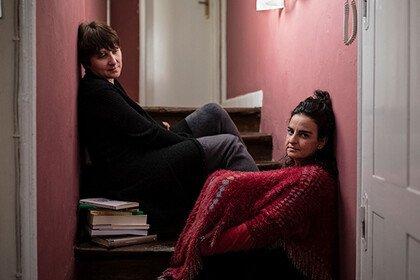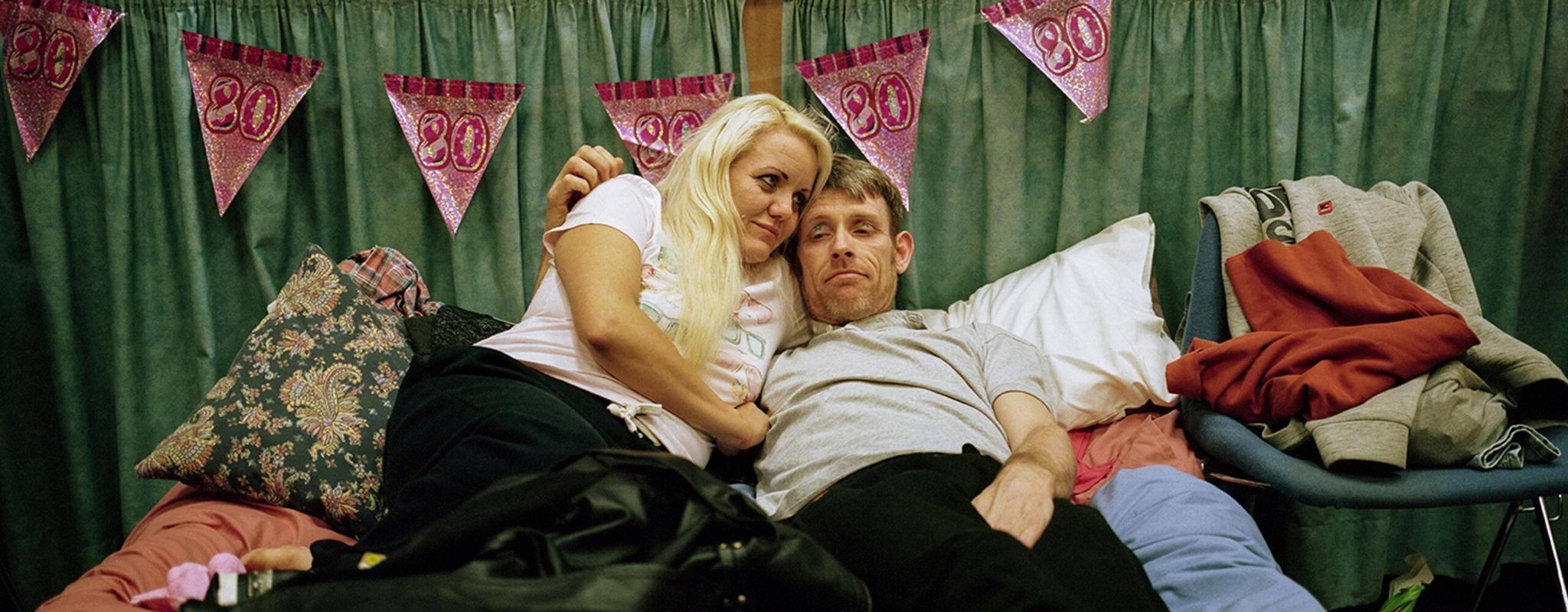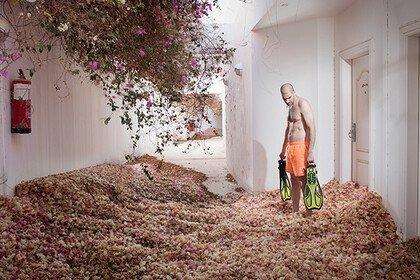
Testament
Testament, by Siân Davey, intimately examines the impact of poverty on mental health, loneliness and community ties. This series of photographs was commissioned by the Wellcome Photography Prize.
Stay up to date
Sign up for emails to get the latest news about the Wellcome Photography Prize, including when the 2022 prize will be opening.
Mental health is not just a medical matter or an individual concern. It’s an issue for families, for communities, for the whole of society. Problems like depression and anxiety are often bound up in the social and economic conditions of people's lives, which means that solutions can’t just be about pills or talking therapies.
To truly understand – and to find ways to improve things – we have to look more broadly and deeply, and we have to think differently. That's why Wellcome is working to transform the science of mental health, bringing different viewpoints together to seek radical new insights. But the reimagining of mental health can’t just be the work of researchers and policy makers. We all have to look again and think anew.
Siân, an award-winning photographer and a former psychotherapist, offers some of that vital perspective in Testament, telling the stories of people in the Torbay area of Devon, UK. She spent months at the local Trussell Trust food bank and elsewhere in the community – at first not even taking her camera, but simply listening and getting to know people, hearing about the crises in their lives and what they do to cope.
Click images to open gallery
Again and again she heard stories of how hardship, stress and loneliness took a toll on mental health. The mother, ever conscious of how hard it is to meet her daughter’s needs in a low-paid job; the man living alone, ill with arthritis and struggling to navigate a complex benefits system; the homeless people who carry their traumatic pasts with them to the night shelter.
"What became central to the work was the understanding that anxiety and depression are normal responses to uncertainty and fear. When a person’s resources are overwhelmed, the body responds." Poverty, and the policies that can either ease or exacerbate it, make so much difference to our mental wellbeing.
But equally, she saw how people helped each other, even when they were struggling themselves. They came together in the knitting group for vulnerable people, the mental health drop-in centre, the vulnerable women's lunch, the night shelters. "I heard so much about generosity and gratitude: that often those who receive from the food bank later return with their own food offerings, in gratitude for the support that they were freely given." Her photographs bring to life some of the many ways that "community and relationships have a restorative impact on a person’s mental health".
Click images to open gallery
The coronavirus pandemic disrupted Siân’s work, but at the same time it has cast urgent new light on these issues. "The communities I encountered are fracturing further. I see these themes more starkly than ever." She continues to work on the project in Torbay, documenting people’s stories so that everyone can see, and empathise, and grasp what needs to change.
"Testament is ultimately about closing the gap between the ‘us’ and the ‘other’. More than anything, I feel that we are all in this together. Change comes from deep listening out in the field, to people who need to be heard and to have relationships that matter. I would like this body of work to encourage a society that takes more responsibility for one another; an ethics and a politics of care, and of listening; one of heart."
Click images to open gallery
This selection of photographs is part of an ongoing project. For further updates, see Siân’s website.
British photographer Siân Davey began her photography career in 2014, following 15 years spent working as a psychotherapist in private practice. Drawing on her training in psychotherapy and social work, Davey presents her photography as an investigation into her own psychological landscape, as well as those of her family and community, all of which are central to her practice.
Davey studied Fine Art Painting (Bath Academy of FIne Art, 1985), Social Policy (University of Brighton, 1990), Humanistic Psychotherapy (1995), and completed her MA and MFA in Photography (Plymouth University, 2014 and 2016). Davey’s work has been included in the National Portrait Gallery’s Taylor Wessing Portrait Award on three occasions, she received the Creative Review Zeitgeist Award in 2018, and she is a 2019 recipient of the Eugene Smith Fellowship Grant. Her book Looking for Alice, a photographic study of her daughter, Alice, has received numerous accolades, including the 2016 PDN Book Award and the 2017 Royal Photographic Society Hood Medal Award.


